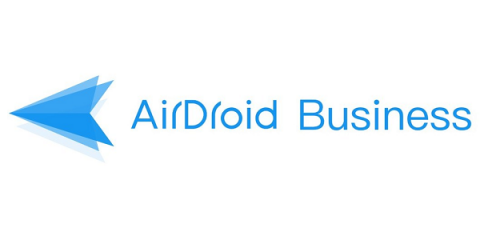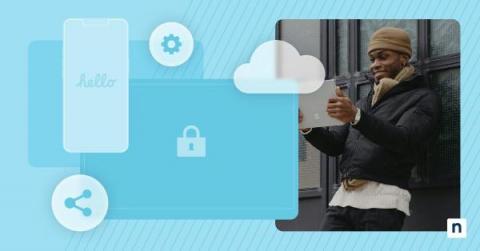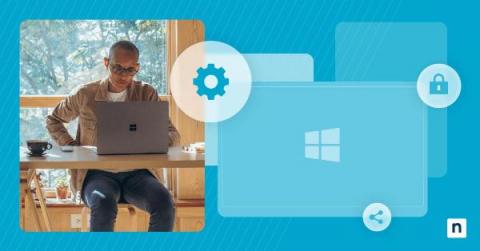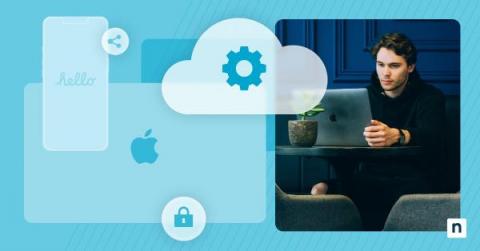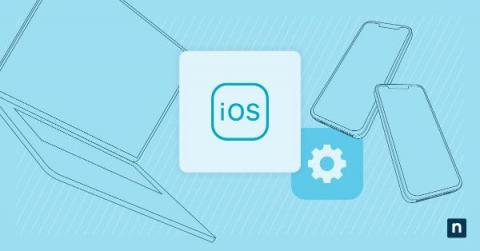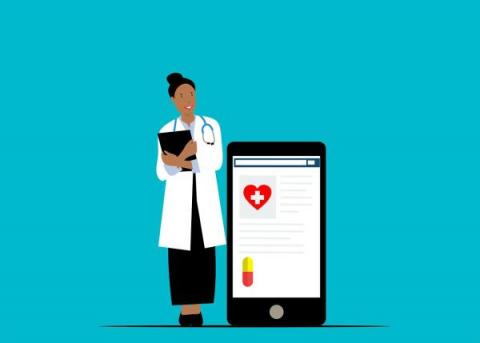What is Android Mobile Device Management (MDM)?
Mobile device management (MDM) is software that enables organizations to support, automate, control, and secure mobile devices that are connected to the workplace and that have access to organizational data. MDM software is needed for each type of operating system because they all function a little differently from one another. Android MDM is software designed specifically for mobile devices that run the Android operating system (OS).




